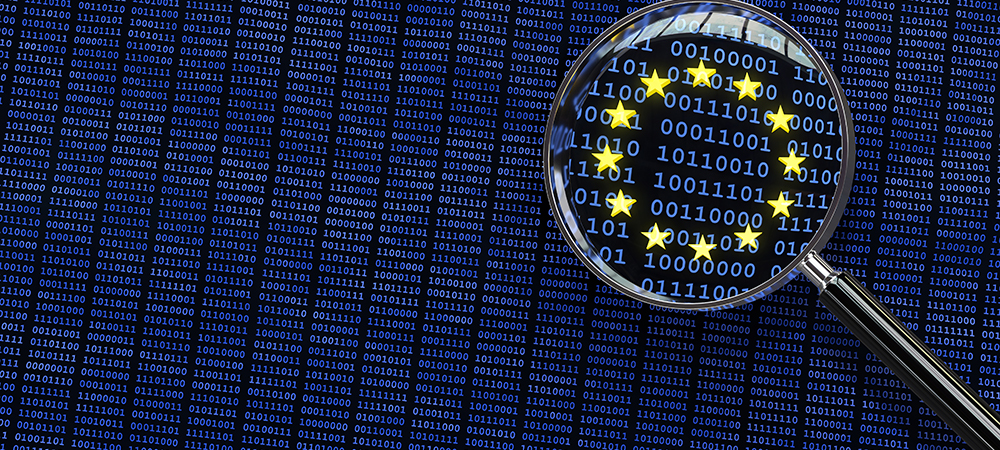Aline Noleto is a Data Regulation consultant at Protiviti, a company specialized in solutions for risk management, compliance, ESG, internal audit, investigation, and data protection and privacy.
She tells Intelligent CIO that any Brazilian equivalent to the European Union’s Digital Services Act requires careful adaptations to the national reality and effective mechanisms to prevent abuses and censorship.

The Digital Services Act (DSA) came into force in the European Union in November 2022 with the aim of regulating online content and making big techs more accountable for what is published on platforms.
The law requires companies such as Meta (Facebook/Instagram), X (formerly Twitter) and Google to quickly remove illegal content on their platforms, at the risk of fines that can reach 6% of global revenue. In addition, the regulation seeks to combat the spread of misinformation and harmful content.
This new regulatory framework has already begun to be tested with the recent conflict between Israel and Palestine. Faced with the rise of anti-Semitic posts about the war, European Commissioner Thierry Breton has called on big tech companies to remove certain content quickly, using the DSA as a legal argument.
In this context, companies would have to act more quickly against the proliferation of inappropriate content in order to avoid possible millionaire fines. Recent examples of this include Facebook removing posts containing hate speech against Israelis and TikTok banning hashtags that promoted false information about the conflict in the Gaza Strip.
Given these facts, it’s safe to say that the DSA can exert pressure on tech companies, forcing them to moderate harmful content more proactively and prevent the spread of violence, fake news, and other incidents. On the other hand, this change also raises certain concerns about a potential censorship process and a certain limitation of freedom of expression between users and content creators.
According to a survey by the Poynter Institute, an American journalism school and research organization, with support from Google, four out of 10 people said they received fake news every day in Brazil. Also according to the study, the number is even more expressive when it comes to Brazilians who fear receiving fake news content or that their relatives will be targeted, adding up to 65% of the survey index.
In light of this, just like the GDPR (General Data Protection Regulation), implemented in Europe in 2018 and replicated in Brazil in 2020 through the General Data Protection Law, the DSA also tends to serve as a model for similar regulations around the world.
It should be noted that Bill 2630/2020, known as the ‘Fake News Law’, which seeks to combat online disinformation, is being processed in the National Congress. Although there are controversial debates surrounding the approval of this law, everything indicates that there is a trend of increasing regulatory pressure on digital platforms in the country as well.
In the 2018 elections, for example, several false contents against different candidates proliferated on Brazilian social networks, which generated strong engagement among voters. This fact motivated the Superior Electoral Court (TSE) to create an exclusive coordination dedicated to combating disinformation on the internet during the 2022 election.
With this, the application of a law along the same lines as the European DSA could bring advances in the moderation of illegal content and hate speech online in the country. On the other hand, one of the main challenges is to ensure that regulation does not represent censorship or excessive limitation of freedom of expression. In other words, dialogue on the subject must be raised on all fronts so that a common agreement is implemented for the regulation of big techs in the country.
Overall, the Digital Services Act has the potential to mitigate serious problems like the spread of hate and misinformation online. However, implementing a regulation with such scope in Brazil is not a trivial task. The implementation of the law in Brazilian territory would require careful adaptations to the national reality and effective mechanisms to prevent abuses and censorship.
Click below to share this article

